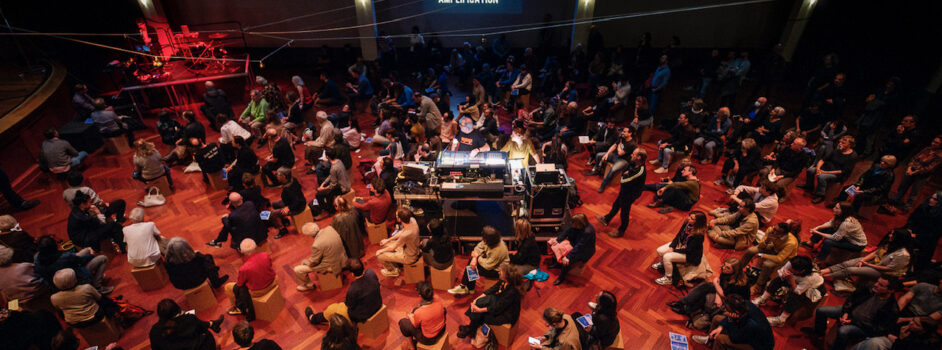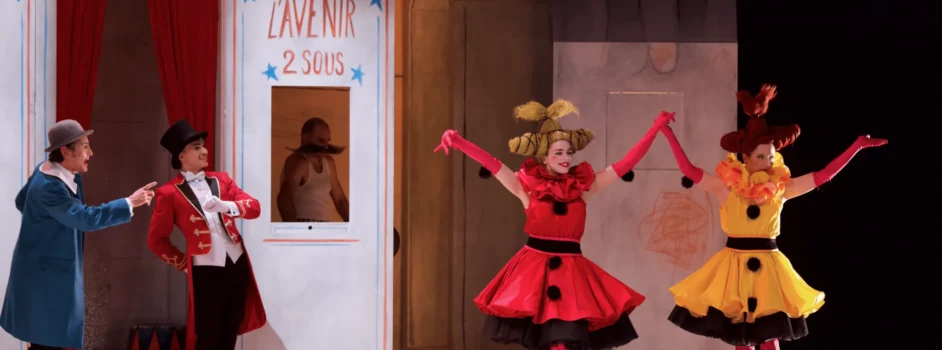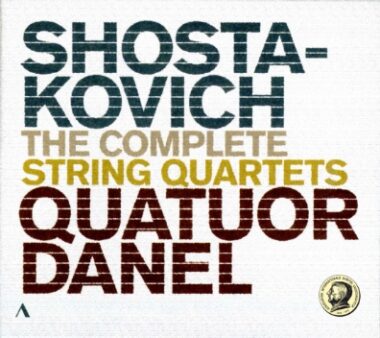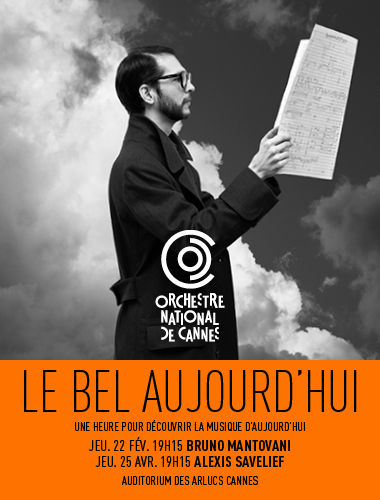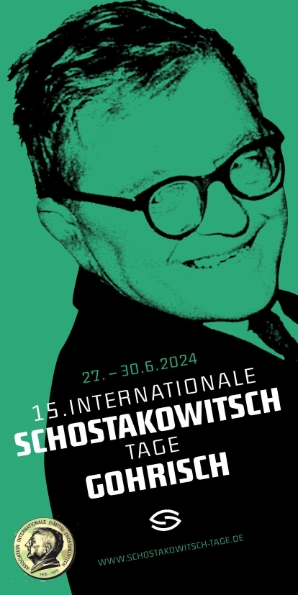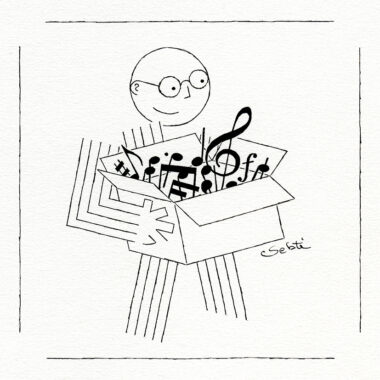Plus de détails
Krzysztof Penderecki (b. 1933): The Complete Symphonies. Symphony no. 1; Symphony no. 2 “Christmas Eve”; Symphony no. 3; Symphony no. 4 “Adagio”; Symphony no. 5 “Korean”; Symphony no. 7 “Seven Gates of Jerusalem”; Symphony no. 8 “Songs of Impermanence.” Iwona Hossa, Izabella Kłosińska, sopranos; Agnieszka Rehlis, alto; Rafat Bartmiński, tenor; Wojtek Gierlach, bass; Thomas E. Bauer, baritone; Słavomir Holland, speaker. The choir of the Podlasie Opera and Philharmonic in Białystok, Violetta Bielecka, conductor; Maciej Tworek, assistant conductor. The Polish Sinfonia Iuventus Orchestra, Krzysztof Penderecki, conductor. 5 CD set, DUX 0947. Bar code: 5902547009476. Recorded in the Witold Lutoslawski Concert Studio of Polish Radio, Warsaw (nos. 1, 2) 1–3 March 2012 (no. 1), 22–24 August 2011 (no. 2), 20–22 December 2011 (no. 3), in August and December 2011 (no. 5), in November and December 2012 (no. 8), at the J. Paderewski Pomeranian Philharmonic in Bydgoszcz, 17 September 2011 (no. 4), at the Holy Heart of Jesus Basilica, Warsaw 18–20 June 2012 (no. 7). Detailed and informative notes in Polish and English. Total length: 290 minutes.
DUX Krzysztof Penderecki's symphonies had already been issued separately: now they have been all gathered together in a box set called The Complete Symphonies. In fact, the set includes only seven of the eight: the sixth, which is supposed to be an hommage to nature, a kind of Polish “Pastorale,” is not yet finished. These monumental works have been composed across thirty years of a life dedicated to composing, and their musical language is in constant evolution: the First Symphony was written in 1972–73, the Second in 1979–80, the Third in 1988–95, the Fourth in 1989, the Fifth in 1991–92, the Seventh in 1996, and the Eighth in 2005.
Krzysztof Penderecki's symphonies had already been issued separately: now they have been all gathered together in a box set called The Complete Symphonies. In fact, the set includes only seven of the eight: the sixth, which is supposed to be an hommage to nature, a kind of Polish “Pastorale,” is not yet finished. These monumental works have been composed across thirty years of a life dedicated to composing, and their musical language is in constant evolution: the First Symphony was written in 1972–73, the Second in 1979–80, the Third in 1988–95, the Fourth in 1989, the Fifth in 1991–92, the Seventh in 1996, and the Eighth in 2005.
Penderecki has often been condemned for his abrupt stylistic turn in the early 1980s, when he sacrificed the breathtaking modernity of his 1960s and 1970s output in favor or a music which was more “accessible,” more “popular,” while blending both techniques in some movements. Whatever you may think about this, and wherever may your tastes lay, he has since then collected a string of prizes and honors and become a national hero in Poland recognized worldwide. His symphonic output mirrors his evolution, and listeners will find there a reflection of their expectations, strong or weak or altogether absent, according to their sensitivity and their willingness to listen at any given moment.
It is always revealing to see a composer conduct his own works. In any case, Penderecki cannot be accused of being indifferent or negligent. The Polish Sinfonia Iuventus Orchestra is a very young orchestra: founded in 2007, it includes only musicians age thirty or less. They are an undeniable asset, always in tune with the maestro's artistic intentions. There are few alternatives on disc to which we can compare these interpretations of the symphonies. Only Antoni Wit at Naxos has produced enough high-quality recordings to provide a standard. In the end, however, fundamental differences are few. Penderecki seems more interested in details, delves into the most minute details of the instrumental parts, and fills every section with intention. It is an incisive interpretation, whose emotional content is revealed through the closeness between the creator and his creation. The soloists in the Seventh and Eighth Symphonies (the latter in a completed version) are brilliant, and one hesitates to criticize even the excessively reverberant acoustic of the Seventh, recorded in a basilica. The interpretations are broadly scaled and very somber, heavy with lived experience and the weight of Polish history. Influences from other composers—Shostakovich, Mahler, and Brahms, among others—can be detected here and there, but Penderecki's unique coloration remains.This box set will long remain a milestone, a landmark in Penderecki's discography.
Plus de détails
Krzysztof Penderecki (b. 1933): The Complete Symphonies. Symphony no. 1; Symphony no. 2 “Christmas Eve”; Symphony no. 3; Symphony no. 4 “Adagio”; Symphony no. 5 “Korean”; Symphony no. 7 “Seven Gates of Jerusalem”; Symphony no. 8 “Songs of Impermanence.” Iwona Hossa, Izabella Kłosińska, sopranos; Agnieszka Rehlis, alto; Rafat Bartmiński, tenor; Wojtek Gierlach, bass; Thomas E. Bauer, baritone; Słavomir Holland, speaker. The choir of the Podlasie Opera and Philharmonic in Białystok, Violetta Bielecka, conductor; Maciej Tworek, assistant conductor. The Polish Sinfonia Iuventus Orchestra, Krzysztof Penderecki, conductor. 5 CD set, DUX 0947. Bar code: 5902547009476. Recorded in the Witold Lutoslawski Concert Studio of Polish Radio, Warsaw (nos. 1, 2) 1–3 March 2012 (no. 1), 22–24 August 2011 (no. 2), 20–22 December 2011 (no. 3), in August and December 2011 (no. 5), in November and December 2012 (no. 8), at the J. Paderewski Pomeranian Philharmonic in Bydgoszcz, 17 September 2011 (no. 4), at the Holy Heart of Jesus Basilica, Warsaw 18–20 June 2012 (no. 7). Detailed and informative notes in Polish and English. Total length: 290 minutes.
DUX

